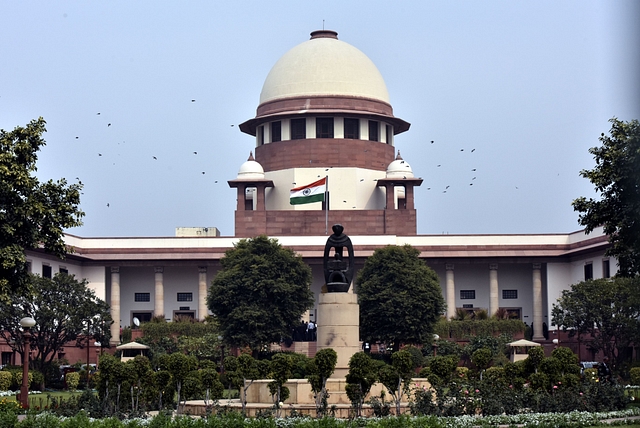
Plea For No Interest During Moratorium On Loan Repayment: Why This Could Be The Most Damaging Judicial Intervention Till Date
By admitting a plea regarding interest-free moratorium on loan repayment, the apex court is unsettling banking balance sheets, which in turn can affect depositors.
There are concerns regarding the stability of the financial system as the Supreme Court entertains a plea regarding interest waiver during the moratorium period.
The court has sought a response on why interest should be charged during the moratorium period.
Many have asked for similar such waivers over the last couple of weeks.
However, the fundamental essence of banking is that they collect deposits (on which they pay interest), add a mark-up on these deposits and extend it as credit.
It is this spread in the interest rates they charge and the interest rates they pay to their depositors which helps them finance their operations and make a profit.
Asking banks to waive interest during the moratorium would, in effect, create a major cash-flow problem for the banks as they would have to finance not just their operations but also pay interest rates to their depositors.
Waiving of interest for depositors will also create a problem for senior citizens who primarily depend on their savings and interest income to meet their expenses.
In the event that banks are required to pay their depositors even as they can’t charge interest rates, we will witness severe stress on the balance sheets of the banks at a time when we already are looking at the possibilities of bankruptcies due to the economic slowdown.
This would, perhaps, add to the troubles of our banking sector, which will spill over to the entire financial system.
Moreover, it will bring back a sense of risk aversion into the financial system, which will create problems for credit-offtake over the coming few quarters.
To gauge the extent of damage of the move, we must remember that it has taken over six years for us to repair our financial system completely, and any such misadventure can further delay the process by another few years.
Any relief in the form of waiver of interest rates can have catastrophic implications for our banks, which have to play a critical role in assisting our economic recovery. Therefore, the judiciary should, perhaps, let the RBI and the Finance Ministry look at these issues.
Nobody denies the fact that there is a need to give adequate relief to businesses during lockdown and a major part of it has been provided by the government’s regulatory forbearance measures.
The RBI, too, has gone ahead and asked for the interest due, to be converted into a term-loan, which can be paid off over the next one year.
All these measures are important and, in many ways, take a comprehensive view of the present situation.
Judicial intervention, and activism has an important place in civil society. The problem, however, arises when such intervention creates negative effects.
A good example is the Coal judgement, which squashed licences even as those responsible for the faulty allocations went scot-free.
The story in Delhi’s pollution case, 2G spectrum case and the management of cricket are other such similar examples.
There are several instances of severe economic costs due to several of the judgements in the past. However, none of them come even remotely close to the costs that we may have to pay in the event of an interest rate waiver.
While concerns on ethics, morality and justness are valid, maintaining financial system stability and leveraging it for swifter economic recovery, however, is more important than granting a temporary interest waiver.
One hopes that the courts would consider the pleas made by the RBI, which is yet another autonomous institution, and refrain from intervening in this matter.
Also read: It’s time we started talking about the economic costs of judicial overreach